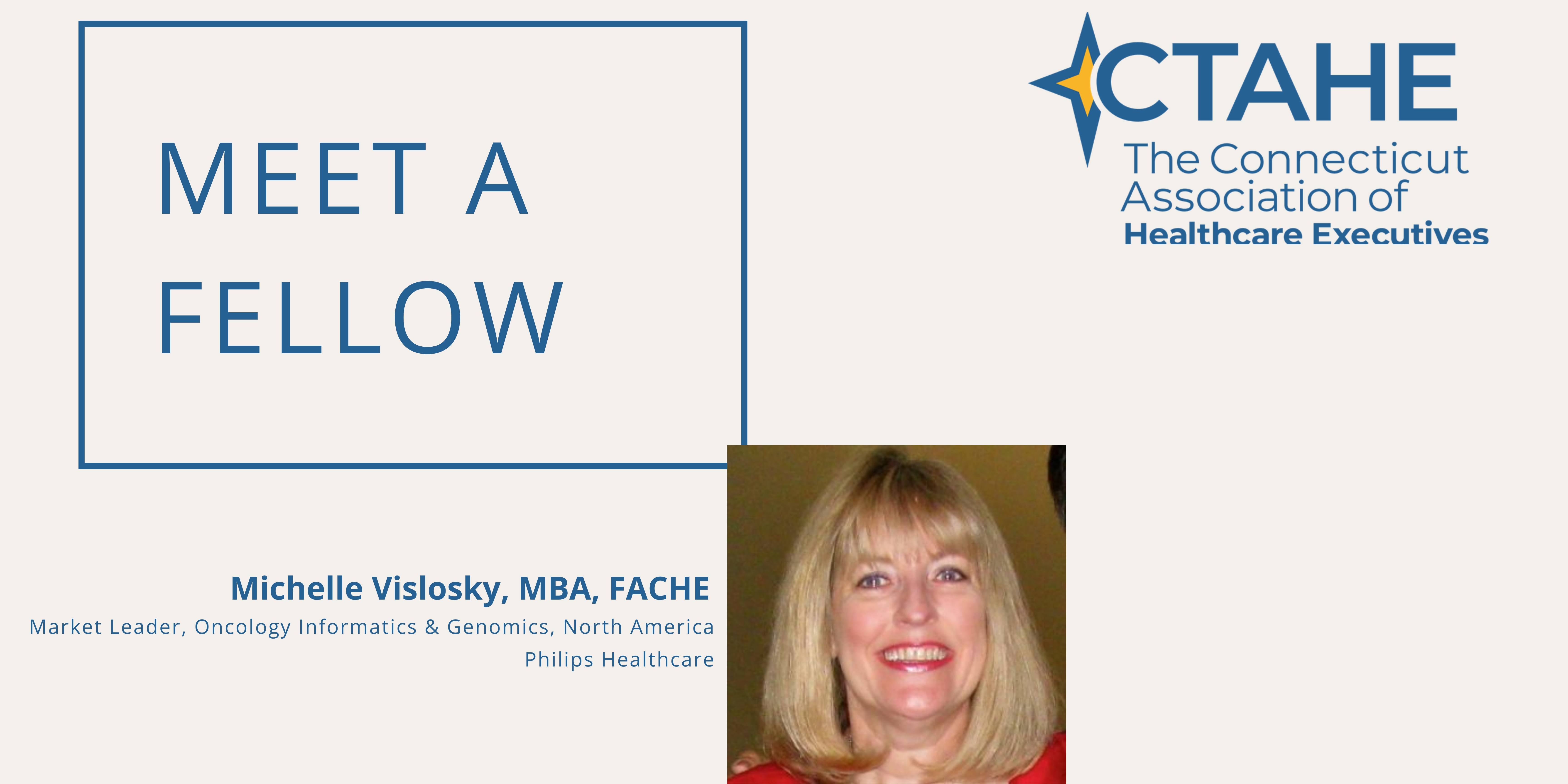
What was your first job in healthcare?
As a US Army Field Artillery Officer, I was an Executive Officer of a Headquarters and Headquarters Battery and had a responsibility for our medics, the motor pool, the armory, the mess in the field, the communications and target acquisition platoons in the company.
What is a trait you admire most when you see it in your colleagues?
What I admire the most is “grit”. Grit is persistence or your ability to endure and carry on in the face of challenges and adversity. An additional facet of grit is consistency of interest or passion. Grit enables individuals to succeed under trying circumstances. It is something I learned growing up, at West Point, and what I find admirable in my colleagues and leaders.
What is your favorite book that gave you insight into your career?
“The Social Transformation of American Medicine: The Rise of a Sovereign Profession and the Making of a Vast Industry” was a book I read during my MBA program. Understanding how the practice of medicine progressed and then the nursing profession was insightful.
What is a career achievement you are most proud of?
I established one of the first New York State Managed Long Term Care (MLTC) Plans, an alternative to nursing home care for dual eligibles with (2) adult day care centers, (2) onsite clinics, and a certified home health agency. I was recruited by the hospital and senior health system boards to spearhead a Medicare Advantage Plan start-up/joint venture, securing all Department of Insurance and Health approvals; raised $2.2M in reserve funding in donations; developed the go-to-market strategy; designed the facility, and supervised the adult day center and clinic facility construction; and led the clinical and financial operations resulting in financially viability in less than 3 years, 2 years ahead of schedule.
What is an area you are looking to improve in your own life?
My mother used to quote Edna St. Vincent Millay when describing me, “My candle burns at both ends; It will not last the night; But ah, my foes, and oh, my friends—It gives a lovely light!” My father had a crippled arm and my mother health issues. Even as a young teenager I took care oof my parents, younger siblings, and was an American Red Cross volunteer.
Too many of us are caretakers in our professional and personal lives. Work life balance has always been a struggle for myself and others in healthcare. There is always much to be done and people to care for. Learning to prioritize what is most important and also prioritizing my own health and well-being is something I wish to improve. In the past six months I have lost my younger boss and two colleagues due to heart attacks and have had health system customers lose senior health executives to COVID, heart attacks, etc. I have ensured that my team had vacations and time off during the various holidays. But in contrast I have attended a number of funerals and have only had three days of vacation since the pandemic hit. I am learning to set boundaries and how to say “no”. 
What does it look like for you to ‘unplug’ from work?
I lead the kayaking program for the local sailing club and am learning to sail. I weave and am learning to knit. And I play and dance with my two year old granddaughter and read her books.
What do you think are the greatest challenges/opportunities for the healthcare industry right now?
I believe that the greatest challenge of healthcare is the fragmentation of care and data. The combination leads to inefficiencies, care that is not optimized, and reduces our ability to learn from Real World Data to improve patient care. The opportunity is for Artificial Intelligence, standardization of data for improved interoperability and actionable insights, to improve care is becoming more attainable.
What drove you to pursue Fellow status?
I chose to become a Fellow in the ACHE to further my career at the time as a hospital administrator. My first boss was a Colonel in the US Army and a mentor. He stressed the importance of ACHE membership and the fellowship across its membership to enhance my capabilities to deliver the best patient care.
What do you believe is the greatest benefit you have gotten from being an ACHE member?
I value the continuing education, networking, and mentors that have helped me through my career.
What advice do you have for young professionals considering a career in healthcare?
Choose roles that are the building blocks for where you want to go. As an administrative intern at CHOP, the CEO was my mentor. He advised that in my next role as a hospital administrator, to lead a department that was revenue generating – Radiology, Cardiology, or the Laboratory. Next I was to lead multiple service lines or departments both revenue generating and cost centers. I could then become a COO or lead a health system company or program. Another CEO mentor suggested I gain health plan experience to be well-rounded for Value-Use Based Healthcare. I followed their guidance and gained a more holistic view of the healthcare ecosystem that helped me in my subsequent roles.